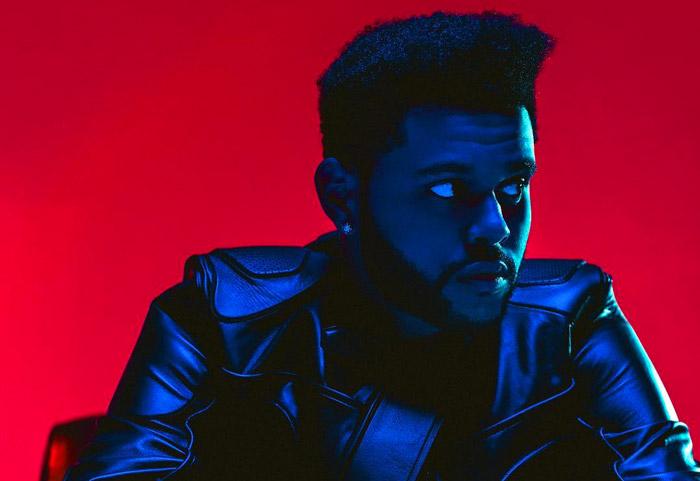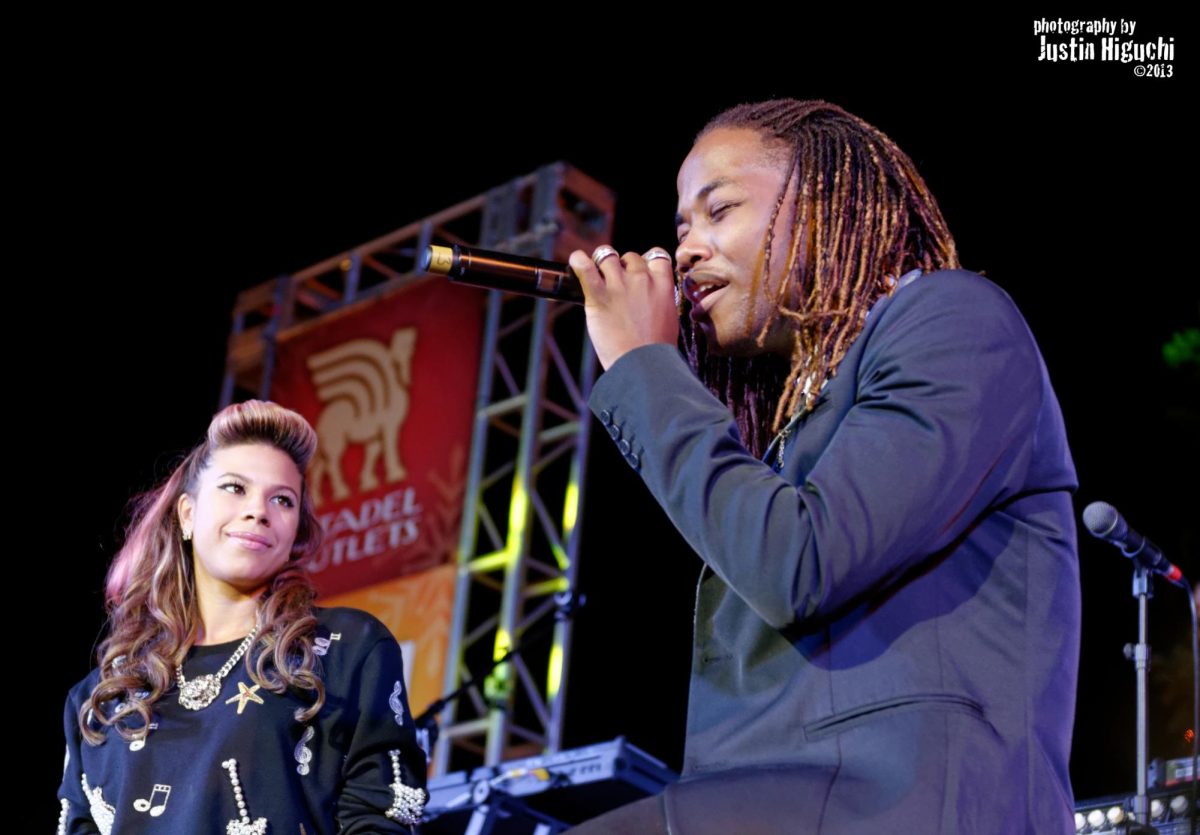Abel Tesfaye, better known as The Weeknd, has stirred headlines not only because of his new album announcement, but because he’s decided to cut off his iconic hair. His unique, almost sculptural, hairstyle has always been at the heart of jokes. Yet as The Weeknd’s popularity reached incredible heights, his hair became a part of his identity—cool, avant-garde, and almost aloof.
The Weeknd’s alternative R&B flair and bad-boy lyrics have proven effective; at 26, he has already received 2 Grammy Awards and was the first artist ever to have his songs simultaneously occupy the top 3 spots on Billboard’s Hot R&B Songs chart. No doubt his smooth, higher-toned voice adds a sensual appeal to his music, but his music videos have also played a great role in his success.
On Sept. 22, The Weeknd dropped the first single on his upcoming album, “Starboy”, featuring Daft Punk. The video opens with a violent scene, a theme not uncommon in his music videos. He kills his old self, identified by his hair, and then appears with his newly-cropped look and a Michael Jackson “Bad” attitude. He uses a neon cross to destroy a glass case of his awards, and dramatically drives off with a panther in his passenger seat.
No doubt encouraged by the success of Beyonce’s visual album “Lemonade” released earlier this year, artists have turned to music videos to supplement their appeal. The importance of a visual aid alongside the music has become indispensable. The music industry is in an era when adjectives like “different,” “progressive” and even “bizarre” have become the most sought-after qualities. From the dramatic “In the Night” to the scandalous “Earned It,” The Weeknd’s music and personal style has crafted a distinct image that his audience can remember. Now that The Weeknd has cut off his most identifiable feature, we can only wonder what prompted such a drastic move and anticipate what he plans to do with his persona in the future.
Perhaps the imagery in the music video can be seen as his symbolic departure from his old self. It is unclear as to what message The Weeknd intends to send, but one thing remains obvious: hair has an important symbolic association with artists’ identities. We have seen it many times before—from Elvis Presley’s polished mane to Prince’s luscious curls, artists have not only shaped public personas but also achieved iconic status through their hair. Beyond an aesthetic choice, hair and hair styling can take on cultural significance.
We saw this at the 2015 Academy Awards, when Zendaya, a Disney teen star, was publicly insulted for the dreadlocks she wore to the event by “Fashion Police” host Giuliana Rancic, who commented that she expected the young actress would smell like “patchouli oil or weed.” This prompted a huge backlash against Rancic’s discriminating comments and has since brought more attention to the significance of hair and styling to black artists in the pop culture industry. Other black pop icons, particularly in decades past, have taken measures to lighten their features and hide their natural hair, most famously Michael Jackson’s facial reconstruction and skin whitening. While we’re unsure of any cultural motivations to restyle his hair, his new look has certainly changed my perception of his appearance from out-of-the-ordinary, to frankly speaking, ordinary.
Photo courtesy of Nabil Elderkin




